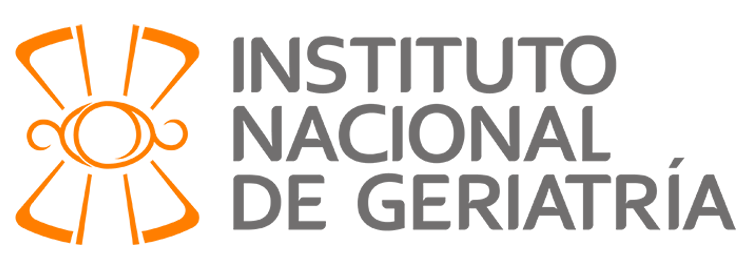


Please use this identifier to cite or link to this item:
http://repositorio.inger.gob.mx/jspui/handle/20.500.12100/17247| Title: | Cholesterol overload in the liver aggravates oxidative stress-mediated DNA damage and accelerates hepatocarcinogenesis |
| metadata.dc.creator: | GLORIA CRISTINA ENRIQUEZ CORTINA OSCAR BELLO MONROY DIANA PATRICIA ROSALES CRUZ VERONICA SOUZA ARROYO ROXANA URI MIRANDA LABRA RAFAEL TOLEDO PEREZ ARMANDO LUNA LOPEZ ARTURO SIMONI NIEVES ROGELIO ENRIQUE HERNANDEZ PANDO MARIA CONCEPCION GUTIERREZ RUIZ Diego Francesco CALVISI Jens Marquardt LETICIA BUCIO ORTIZ LUIS ENRIQUE GOMEZ QUIROZ |
| Keywords: | MEDICINA Y CIENCIAS DE LA SALUD;Ciencias médicas;Ciencias clínicas;Colesterol;Cholesterol;Estrés oxidativo;Oxidative Stress;Daño de ADN;DNA Damage;Carcinogenesis;Cáncer de hígado;Liver Neoplasms |
| metadata.dc.date: | 2017 |
| Publisher: | Impact Journals |
| Description: | Primary liver cancers represent the second leading cause of cancer-related deaths worldwide. Diverse etiological factors include chronic viral hepatitis, aflatoxin and alcohol exposure as well as aberrant liver lipid overload. Cholesterol has been identified as a key inducer of metabolic impairment, oxidative stress and promoter of cellular dysfunction. The aim of this work was to address the oxidative stress-mediated DNA damage induced by cholesterol overload, and its role in the development of hepatocellular carcinoma. C57BL/6 male mice were fed with a high cholesterol diet, followed by a single dose of N-diethylnitrosamine (DEN, 10 μg/g, ip). Reactive oxygen species generation, DNA oxidation, antioxidant and DNA repair proteins were analyzed at different time points. Diet-induced cholesterol overload caused enhanced oxidative DNA damage in the liver and was associated with a decrease in key DNA repair genes as early as 7 days. Interestingly, we found a cell survival response, induced by cholesterol, judged by a decrement in Bax to Bcl2 ratio. Importantly, N-acetyl-cysteine supplementation significantly prevented DNA oxidation damage. Furthermore, at 8 months after DEN administration, tumor growth was significantly enhanced in mice under cholesterol diet in comparison to control animals. Together, these results suggest that cholesterol overload exerts an oxidative stress-mediated effects and promotes the development of liver cancer. |
| URI: | http://repositorio.inger.gob.mx/jspui/handle/20.500.12100/17247 |
| Appears in Collections: | 1. Artículos |
Files in This Item:
| File | Description | Size | Format | |
|---|---|---|---|---|
| Oncotarget (1949-2553) vol. 8 (2017).pdf | 3.39 MB | Adobe PDF | View/Open |